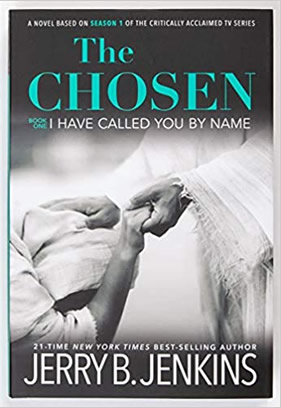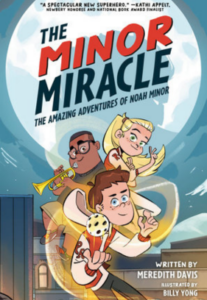Being a fisherman is no easy life. Simon is a good one, but he still struggles to keep food on the table and a roof over his and his wife’s heads. Due to day-to-day debt, the crushing taxes of the Roman overlords and, admittedly, some foolish choices of his own, Simon’s in an awful place. And if he and his brother, Andrew, are to stay out of jail, he’ll likely have to make some equally awful choices that will leave him hated by nearly everyone he knows.
Another man in Simon’s town is already hated by everyone. Matthew is a tax collector. Because he works with the Romans to squeeze out every bekah his fellow Jews can muster, Matthew is also an outcast. He’s seen by everyone as a vile betrayer of his people. As such, he lives a lonely life, an empty life, a life cut off even from his own parents. He is a dead man who still breathes.
A woman named Mary, whom most these days know as Lilith, would gladly exchange her life with either Matthew or Simon. Since she was a young girl, she’s lived an existence of torment. She has spells that steal away her wits and drive her screaming into the streets to attack and rake with tooth and nail literally anyone she encounters. They call her demon possessed. And when she awakens with no memory in her squalid hovel after one such attacks, Mary certainly feels nothing less than bedeviled. Her life is a filthy agony.
Each of these people is called by name by a man they’ve never met. He’s a gentle, wise, oddly confident and wholly miraculous man. He can heal with the touch of His hand. He can understand and sooth mental misery with the insight of a mind reader. He can speak and smile easily as if you’ve known him all your life.
Some think this man is a trickster, a clever fool who communes with the dregs of humanity to undermine truth and law.
Mary, Matthew and Simon know He is so much more. He is the Messiah sent from God. The Savior. He has touched and transformed their lives and the lives of others. He’s a miracle. This man called them all by name—even using secret names that no one else knew. And he asked them to call him … Jesus.











